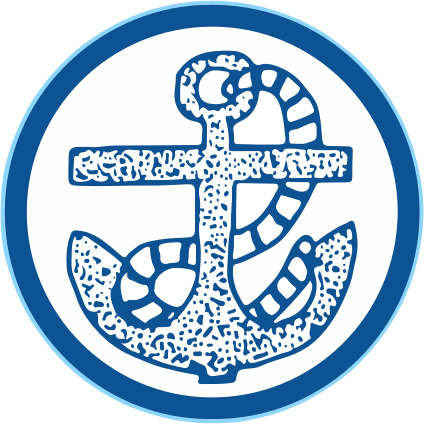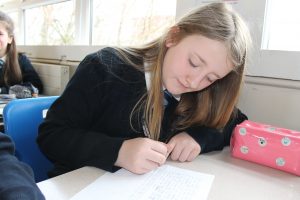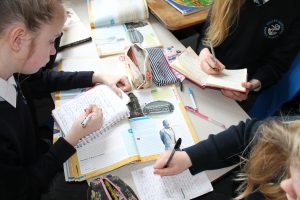Our aim at Valley Gardens Middle School is to encourage students to develop an appreciation of the past, and give them a good understanding of the many periods of history covered as part of our wide and varied curriculum. The skills developed in lessons enable them to build their knowledge by evaluating a range of primary and secondary sources. Our historians will also be able to explain clearly how these sources give us an insight into how people in a range of past societies used to live, and how these interpretations may differ. Pupils will be taught to make connections between areas of learning, with the aim of developing engaged, motivated and curious learners who can reflect on the past and make meaningful links to the present day. Our History curriculum has been designed to cover all of the demands in terms of skills, knowledge and understanding as required by the National Curriculum.
To ensure that pupils develop a secure knowledge which they can build upon, our History curriculum is organised in a sequentially coherent way. Topics are broadly taught in chronological order, allowing for a clarity of understanding and to develop students’ comprehension of cause and consequence, with periods revisited to develop an understanding of the diversity of lives experienced in the past. History is delivered through subject specific teaching, and meaningful links with other subjects are made to strengthen connections and understanding for pupils. The History topics taught aim to help them understand the process of change over time and the significance of important figures and developments, whilst also helping pupils appreciate their own heritage and identity, and the challenges of their time.
Learning often starts by revisiting prior knowledge. This is scaffolded to support children to recall previous learning and make connections. Staff model explicitly the subject-specific vocabulary, knowledge and skills relevant to the learning to allow them to integrate new knowledge into larger concepts. Learning is supported through the use of knowledge organisers in their planners that provide children with scaffolding that supports them to retain new facts and vocabulary in their long term memory.
Learning in this subject prepares pupils well for further study, with many pupils going on to study History in HE establishments. Throughout the curriculum, links are made to careers which are clearly connected to the subject, such as being an historian, archaeologist or heritage worker. The transferrable skills developed over the course of the programme of study (such as source analysis, developing reasoned arguments, and critical thinking) also prove valuable to employers, with a History background being attractive to a range of careers including those in law, journalism and politics.
Aims
The national curriculum for history aims to ensure that all pupils:
- know and understand the history of these islands as a coherent, chronological narrative, from the earliest times to the present day: how people’s lives have shaped this nation and how Britain has influenced and been influenced by the wider world
- know and understand significant aspects of the history of the wider world: the nature of ancient civilisations; the expansion and dissolution of empires; characteristic features of past non-European societies; achievements and follies of mankind
- gain and deploy a historically grounded understanding of abstract terms such as ‘empire’, ‘civilisation’, ‘parliament’ and ‘peasantry’
- understand historical concepts such as continuity and change, cause and consequence, similarity, difference and significance, and use them to make connections, draw contrasts, analyse trends, frame historically-valid questions and create their own structured accounts, including written narratives and analyses
- understand the methods of historical enquiry, including how evidence is used rigorously to make historical claims, and discern how and why contrasting arguments and interpretations of the past have been constructed
- gain historical perspective by placing their growing knowledge into different contexts, understanding the connections between local, regional, national and international history; between cultural, economic, military, political, religious and social history; and between short- and long-term timescales.




